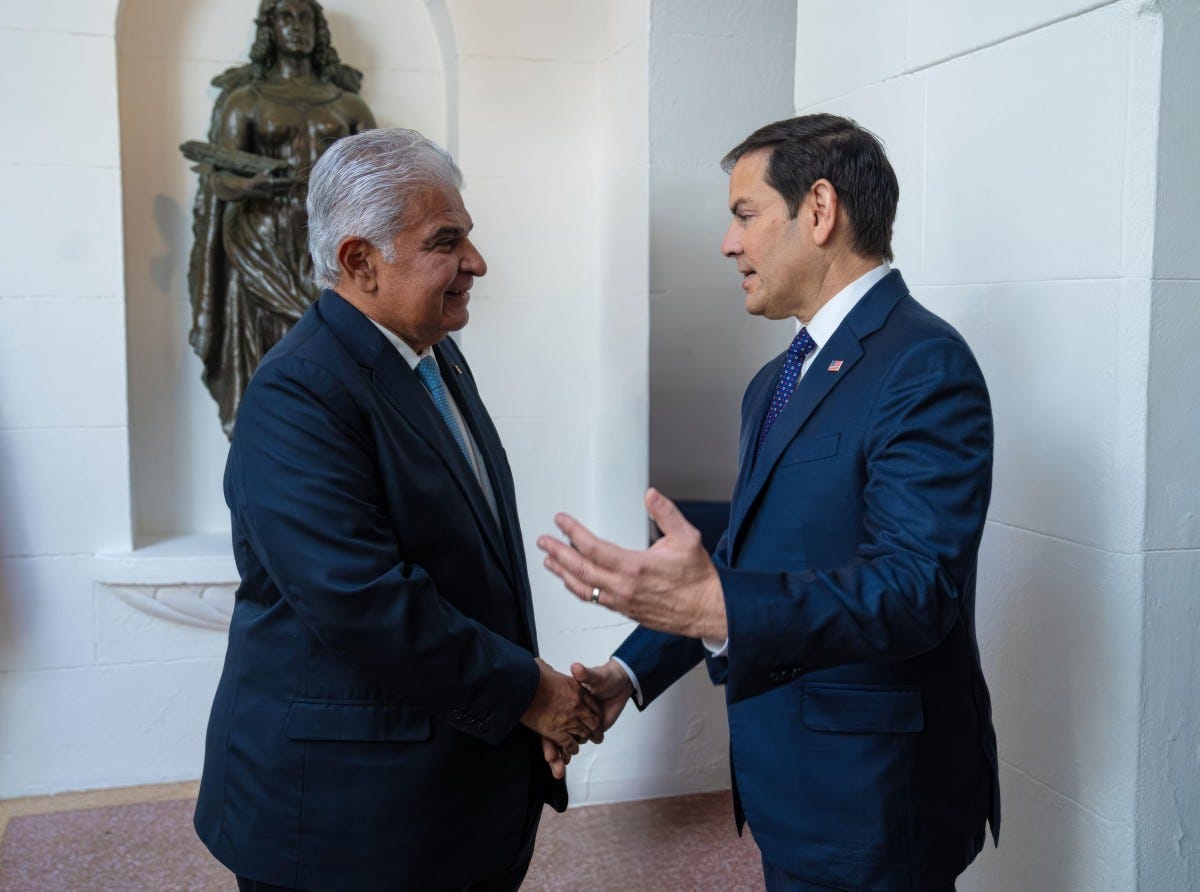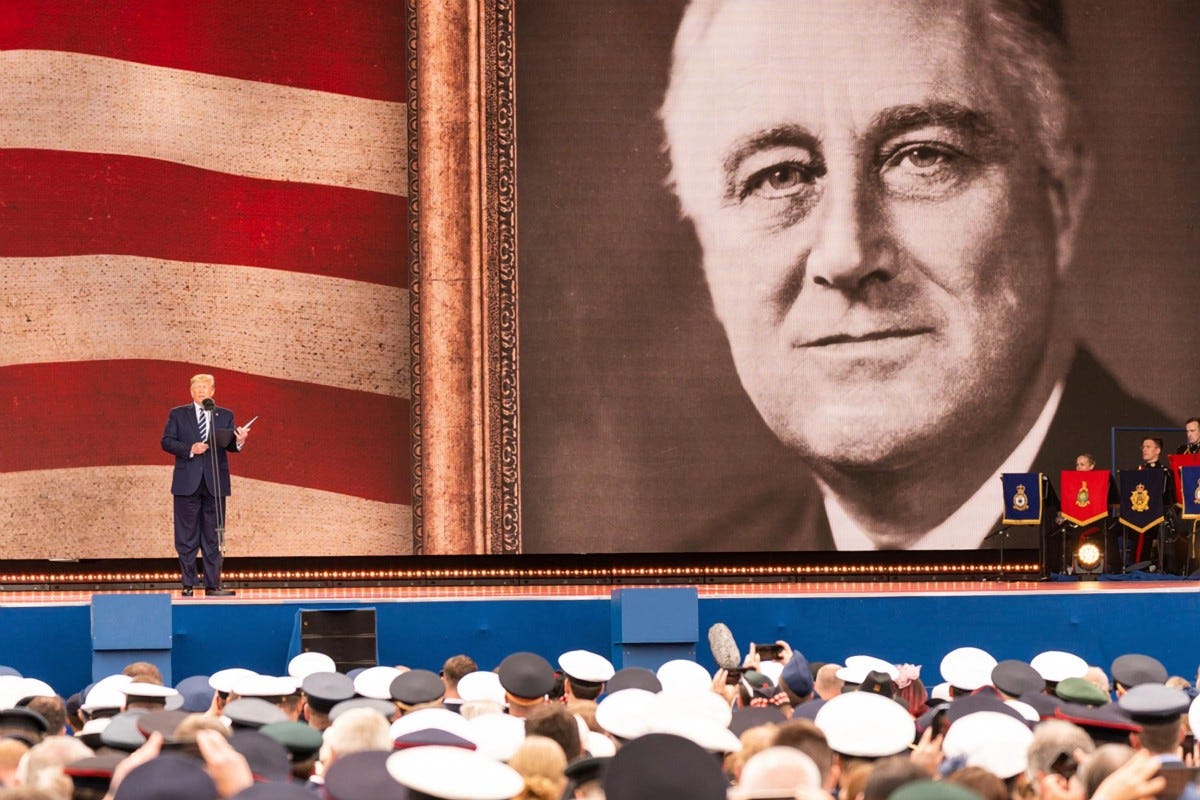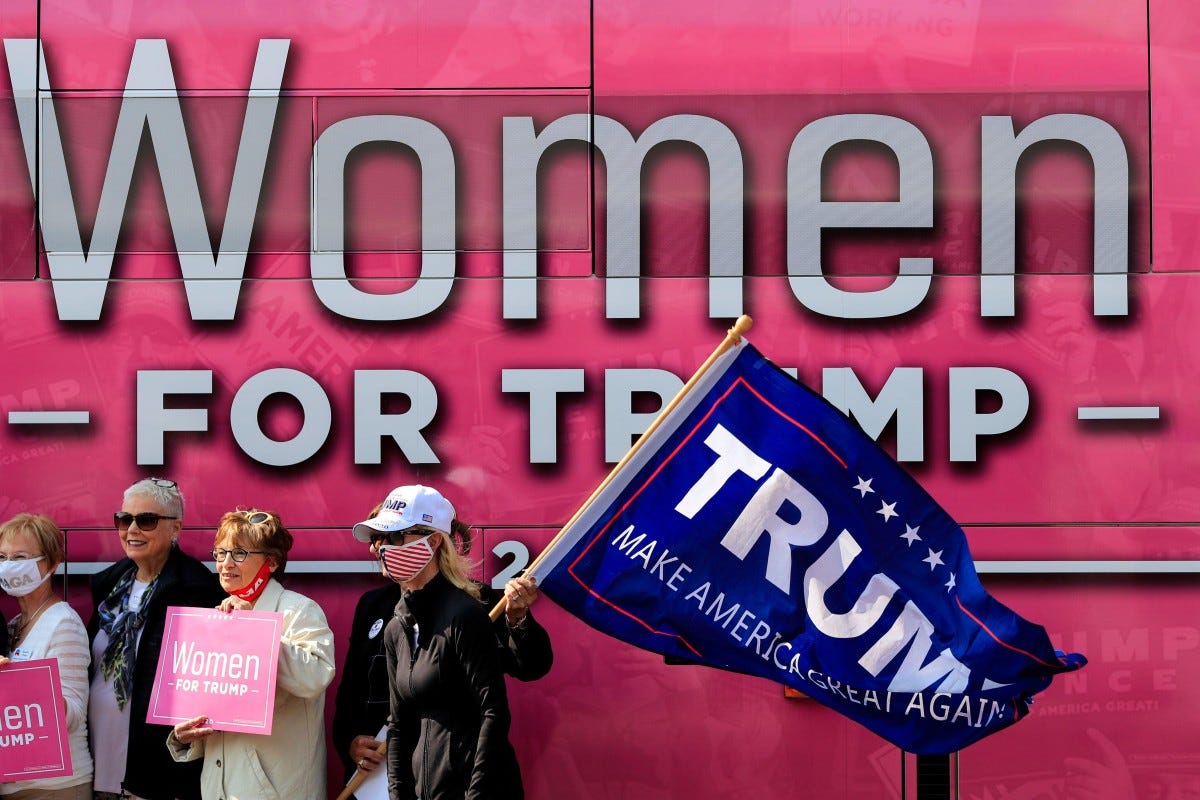
China’s foreign ministry has lashed out at the US today, slamming its “Cold War mentality”, in response to Panama’s shock announcement that it is withdrawing from Beijing’s Belt and Road initiative.
Panama, the first Latin American country to sign up to China’s multibillion-dollar infrastructure programme, will now be the first to leave it.
During a press conference yesterday, Panamanian President, Jose Raul Mulino, confirmed that Panama’s ambassador to Beijing had submitted the necessary documents to China to notify them of the withdrawal. He also questioned what benefits his country had ever gained from joining the initiative – one which seeks to expand China’s global influence and trade routes by building roads, railways, airports and so on across the world.
“I don’t know what those who signed this agreement with China were thinking. What great things has it brought to Panama over the years? What has the Belt and Road Initiative contributed to the country?” Mulino asked.
Hardly music to Beijing’s ears. But why is Washington the one getting the flak?
Because China is pinning Panama’s decision on US sabotage – and understandably so.
Beijing “firmly opposes the United States using pressure and coercion to smear and undermine Belt and Road cooperation,” fumed China’s Ministry of Foreign Affairs.
While Mulino claims the decision was entirely his own, that it comes just days after he held in-person talks with US Secretary of State, Marco Rubio, is no coincidence.
What’s going on here?
Panama, a small country occupying the strip of land between Central America and South America, has become the site of a global superpower struggle. Indeed, America’s top diplomat picking this destination for his first foreign visit since taking office speaks to its strategic importance.
Panama is home to a 51-mile canal which around 40 per cent of the world’s cargo ship traffic moves through. This vital waterway for global trade was built by the US in the early part of the 20th century so that Washington could gain control of both the Atlantic and Pacific oceans and unite trade between them. But in 1999, the US ceded control of the waterway to Panama.
As I wrote before, Donald Trump’s threats in recent weeks to bring the Canal back under US control stem from two main gripes: the “exorbitant” rates that US ships are charged for using the waterway and his unease over growing Chinese influence in the country.
Panama’s decision to join the Belt and Road Initiative in 2017 opened the door to China’s expanded footprint in critical Canal infrastructure. Chinese companies, both private and state-owned, have since heavily strengthened their presence in Panama through billions of dollars in investments in infrastructure-related contracts in and around the Canal, including a cruise terminal and a bridge to be built over the Canal. A Chinese company also manages two ports on either end of it.
Given that the BRI is such a central pillar of President Xi Jinping’s strategy for world domination, Panama’s announcement this week is a significant blow to Beijing.
While China is hardly short of signatories – more than 150 countries have participated in the BRI since it was rolled out in 2013, including at least 20 Latin American nations – anyone quitting, and so publicly questioning the benefits of the initiative, risks creating a domino effect.
It is understood that, during his visit to Panama on Sunday, Rubio repeated Trump’s threats that the US would take back the Canal unless Panama took immediate steps to address Washington’s concerns.
And though Mulino has vehemently rejected reports this week that he agreed to let US military vessels traverse the canal free of charge, he has clearly taken firm notice of US concerns over Chinese influence over the Canal.
So, in this latest round of the superpower contest, Washington has scored a clear goal against Beijing. And Trump has another example to dangle this week that his bullying approach to foreign policy generates results, rather rapidly.
Though make no mistake, China – already reeling from Trump’s tariff war – will be plotting its revenge.
Caitlin Allen
Deputy Editor
Tim Marshall
Trump shares Roosevelt’s capacity to disrupt

READ HERE
Neil Collins
Thames Water is financial poison

READ HERE
Jenny Hjul
Trump’s war on woke will not help women

READ HERE
Gerald Malone
La véstale in Paris: nail-biting, seat-gripping, jaw-dropping drama

READ HERE
Trump imposes sanctions on ICC – President Trump has signed an executive order which authorises aggressive economic sanctions against the International Criminal Court, in response to its decision to issue an arrest warrant for Israeli Prime Minister Benjamin Netanyahu. He stated that the body “abused its power,” accusing it of “illegitimate and baseless actions” which targeted the US and Israel.
India cuts rates for first time in five years – India’s central bank, the Reserve Bank of India (RBI), has reduced the country’s interest rates for the first time in half a decade – from 6.5 per cent to 6.25 – after GDP growth this financial year slowed to a four-year low of 6.7 per cent.
Sweden to tighten gun laws – The Swedish government announced today that it will tighten gun laws after a mass shooting at a school in Orebro on Tuesday, which killed ten people. The vetting process for a gun license application is expected to be tightened, alongside a clampdown on semi-automatic weapons.
Staggering rise in sexual violence against children in Haiti – The UN’s children’s organisation has warned that gang rule in Haiti has led to a 1,000 per cent rise in sexual violence against children since 2023. Gangs have treated the population with relentless brutality, Unicef said. Kidnappings for extortion have become commonplace on the Caribbean island, and over 5,600 people were killed in gang violence in Haiti in 2024.
-
A British Trump tribute act could snatch power in the UK. Alan Rusbridger in Prospect.
-
How Putin, Xi and now Trump are ushering in a new imperial age. Eric Storm in The Conversation.
-
Britain’s tech unicorns are galloping overseas. Baroness Stowell in CapX.
-
Reform and the long shadow of the Fourth Party. Harry Cluff in Engelsberg Ideas.
-
Elon Musk’s revolutionary terror. Susan B. Glasser in The New Yorker.
